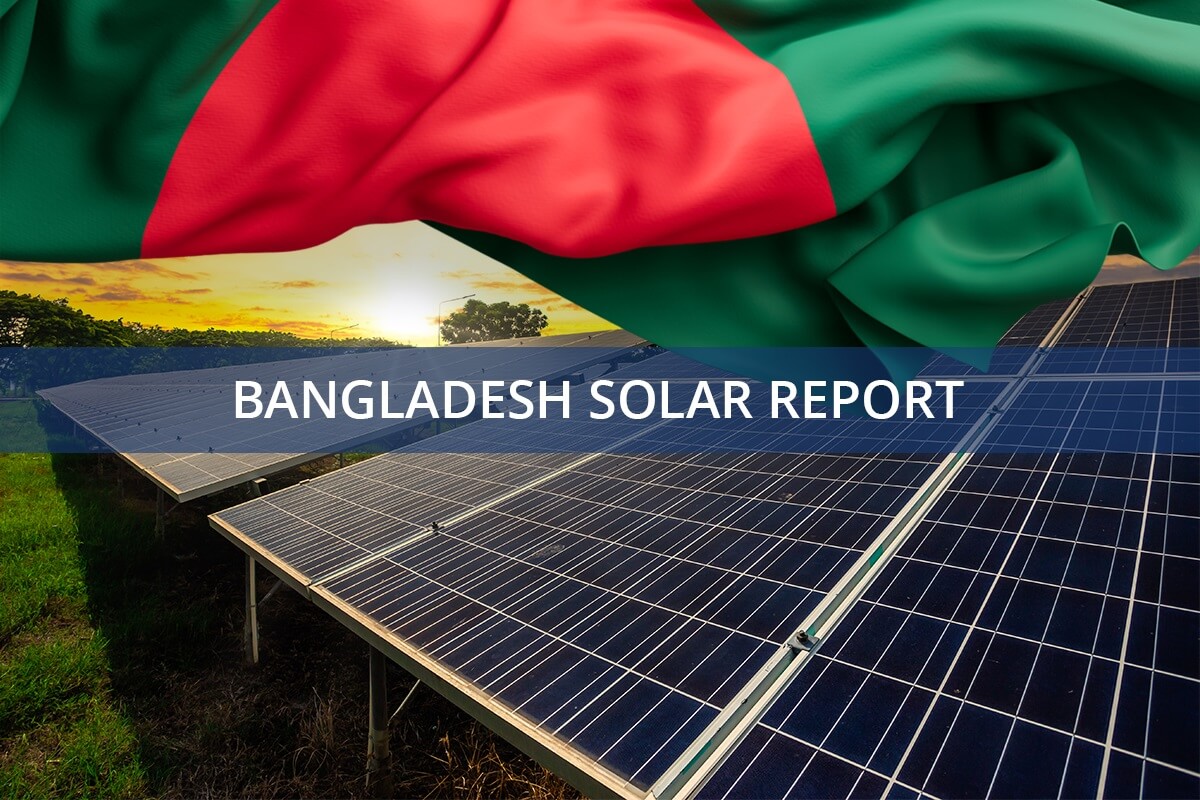Bangladesh Aims for $3 Billion in Foreign Investment for Gas Exploration
Bangladesh is advancing efforts to boost its domestic energy supply by launching a new bidding round for offshore gas exploration in the Bay of Bengal. This initiative, which is the country’s fourth attempt, seeks to attract $3 billion in foreign investment to further develop its energy sector. The Energy and Mineral Resources Division has finalized a draft production sharing contract (PSC), which includes significant amendments aimed at drawing international oil companies. This move comes as Bangladesh is also exploring renewable energy options, with goals to have 40% of its electricity come from clean sources by 2041, as highlighted in a recent report on solar manufacturing in the country. You can learn more about Bangladesh’s solar initiatives at PVKnowhow.
Amendments to the Production Sharing Contract for Bangladesh Rooftop Solar Initiatives
The revised PSC offers increased gas prices for international oil companies (IOCs) to make exploration and production more attractive. According to the new terms, the gas price has been set at 12.5% of the Brent crude oil price, up from the previous 10.5% in the 2022 draft. This increase is designed to incentivize investment in a competitive global market. Additionally, the government has increased the profit gas share for IOCs to 45% in the shallow sea and 50% in the deep sea – a 5% increase over the previous draft.
Increased Government Share of Profit Gas Alongside Bangladesh Rooftop Solar
The government share of profit gas has also been increased in the revised PSC. The share now ranges from 58% to 78% in the shallow sea and from 55% to 75% in the deep sea, depending on the production rate. This tiered approach allows the government to benefit more as production increases. This represents a 5% increase across all production tiers compared to the earlier draft, balancing the interests of both the government and the IOCs.
Cost Recovery and Additional Incentives for Bangladesh Rooftop Solar Development
The revised PSC also raises the cost recovery limit for IOCs from 70% to 75% of total gas production, further enhancing the financial viability for potential investors. Additionally, IOCs will now have the option to export up to 50% of the gas produced at their own expense, with the remainder being purchased by Petrobangla, the state-owned oil corporation. This export option provides IOCs with greater flexibility and market access. The contract will be signed for a 30-year term, with the option for a five-year extension, providing long-term stability for investment.
Exploration Blocks and Bidding Timeline for Bangladesh Rooftop Solar Projects
The new bidding round includes 26 offshore blocks, comprising 11 shallow sea blocks and 15 deep sea blocks. The government plans to publish the revised PSC in an international newspaper in August, with the bidding process to be completed by January 2025. The contract signing is expected to take place between May and June 2025.
Previous Bidding Rounds and Their Impact on Bangladesh Rooftop Solar
Bangladesh has previously conducted three offshore bidding rounds in 2008, 2012, and 2016. The 2008 bidding round led to the signing of contracts for three shallow sea blocks, while the 2012 round resulted in contracts for five blocks. However, the 2016 round did not attract any bids, underscoring the importance of the revised PSC in attracting investment.
Current and Future Energy Needs: Integrating Bangladesh Rooftop Solar
Bangladesh currently consumes approximately 4,000 million cubic feet (mmcf) of gas per day, with around 800mmcf coming from LNG imports. The country has proven gas reserves of 11.4 trillion cubic feet, with a daily production rate of 2,600mmcf. To meet its growing energy needs, Bangladesh plans to increase its LNG imports to 1,800mmcf per day by 2026. This highlights the urgent need for increased domestic gas production. Alongside gas exploration, Bangladesh is also promoting rooftop solar installations on government buildings PVKnowhow as part of its diversified energy strategy.
Growing Demand for Gas and LNG: The Role of Bangladesh Rooftop Solar
According to the Ministry of Energy and Mineral Resources, Bangladesh’s demand for gas is expected to rise significantly in the coming years. The country currently imports 800 million cubic feet per day (mmcf/d) of LNG to supplement its domestic gas production. By 2026, the demand for gas is projected to increase to 5,000 mmcf/d, with LNG imports expected to rise to 1,800 mmcf/d.
Conclusion: Bangladesh Rooftop Solar and the Future of Energy
As Bangladesh continues to experience rapid industrialization and urbanization, the country’s energy needs will only continue to grow. The success of this bidding round will be crucial in securing the energy resources needed to support Bangladesh’s development goals. This new bidding round for offshore gas exploration represents a significant step toward securing the country’s energy future. By attracting foreign investment and increasing domestic gas production, Bangladesh hopes to reduce its reliance on costly imports and ensure a stable energy supply for its growing population. This initiative runs in parallel with efforts to expand renewable energy sources like solar, demonstrating a commitment to a multifaceted approach to energy security. For a deeper understanding of the Bangladeshi solar market, you can refer to PVKnowhow.



